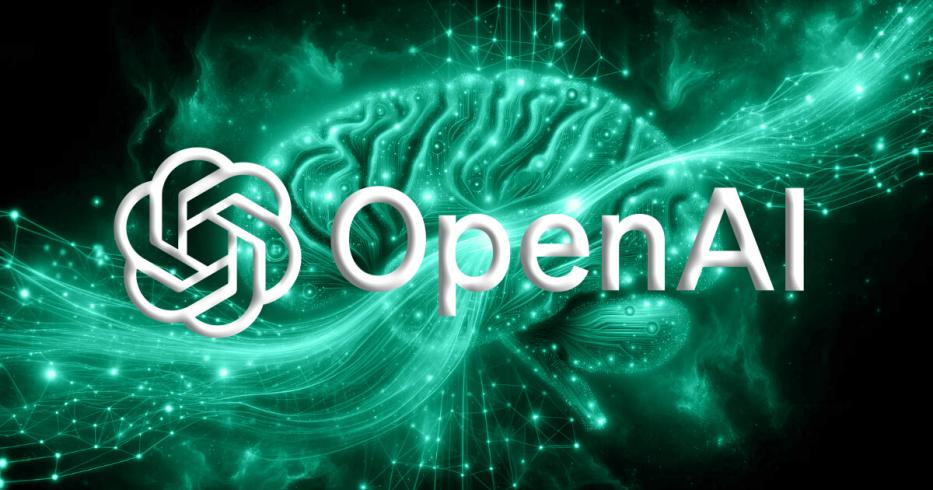OpenAI’s Soaring Valuation: The $80 Billion Milestone

Understanding OpenAI’s Meteoric Rise
OpenAI, initially founded as a non-profit with the lofty goal of ensuring that artificial general intelligence (AGI) benefits all of humanity, has evolved into a key player in the AI sector. Its transition into a capped-profit entity has allowed it to attract significant investment, fueling its growth and innovation.
The Latest Deal: A Closer Look
- Investment and Partnerships: The details of the latest deal that propelled OpenAI to its $80 billion valuation are shrouded in excitement and curiosity. Strategic partnerships and substantial investments have played pivotal roles in this valuation leap.
- Product Innovations: OpenAI’s product offerings, including the revolutionary GPT (Generative Pre-trained Transformer) series, have redefined what’s possible in AI, attracting interest from various sectors.
Implications for the AI Industry
- Raising the Bar: OpenAI’s valuation sets a new benchmark for the AI industry, potentially accelerating investment and innovation across the board.
- Competition and Collaboration: As OpenAI continues to lead, other companies are prompted to step up their game, fostering an environment of healthy competition and collaboration.
The Role of GPT and AI Research
OpenAI’s GPT series has been a game-changer, pushing the boundaries of natural language processing and generation. GPT’s capabilities have applications ranging from writing assistance to complex problem-solving, highlighting the versatility and potential of AI.
Impact on Society and Ethics
- Ethical Considerations: With great power comes great responsibility. OpenAI’s advancements raise important ethical questions about AI’s role in society, data privacy, and the potential for misuse.
- Future of Work: AI’s capabilities to automate and enhance tasks could significantly impact the job market, necessitating a reevaluation of skills and education.
Looking Ahead: The Future of OpenAI and AI Technology
As OpenAI continues to break new ground, the future of AI technology appears both promising and challenging. The company’s commitment to ethical AI development and its impact on various sectors from healthcare to entertainment suggests a transformative era ahead.
Global Influence and Regulation
- Global Leadership: OpenAI’s achievements position it as a leader in shaping the global AI agenda, influencing how countries approach AI development and regulation.
- Regulatory Environment: Balancing innovation with regulation will be crucial. Ensuring AI’s ethical use while fostering innovation will require nuanced approaches from governments and organizations alike.
OpenAI’s $80 billion valuation following its latest deal is not just a testament to its achievements but also a beacon for the future of AI. As we stand on the brink of an AI revolution, the journey of OpenAI serves as both an inspiration and a reminder of the challenges that lie ahead. The company’s progress underscores the potential of AI to redefine industries, reshape societies, and challenge our ethical frameworks.
FAQs
- What contributed to OpenAI’s $80 billion valuation?
- Strategic investments, partnerships, and groundbreaking product innovations like the GPT series have significantly contributed to this valuation.
- How does OpenAI’s valuation impact the AI industry?
- It sets a new benchmark, encouraging increased investment, innovation, and competition within the industry.
- What are the ethical considerations with OpenAI’s advancements?
- Issues include ensuring AI’s ethical use, data privacy, and addressing potential misuse.
- How might AI technology impact the job market?
- AI has the potential to automate tasks, requiring a shift in the job market towards roles that AI complements rather than replaces.
- What role will regulation play in the future of AI?
- Effective regulation will be crucial to balance innovation with ethical considerations, ensuring AI’s benefits are maximized while minimizing risks.





